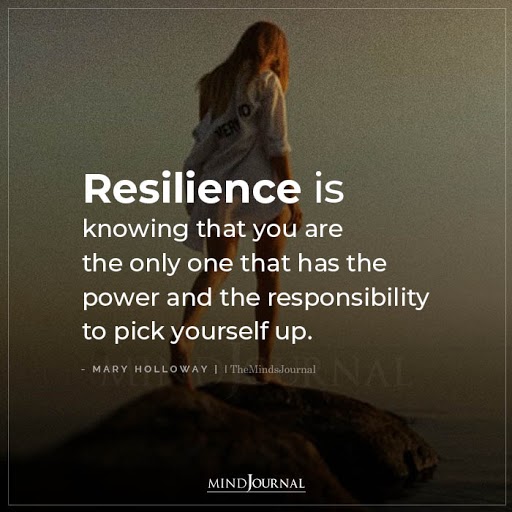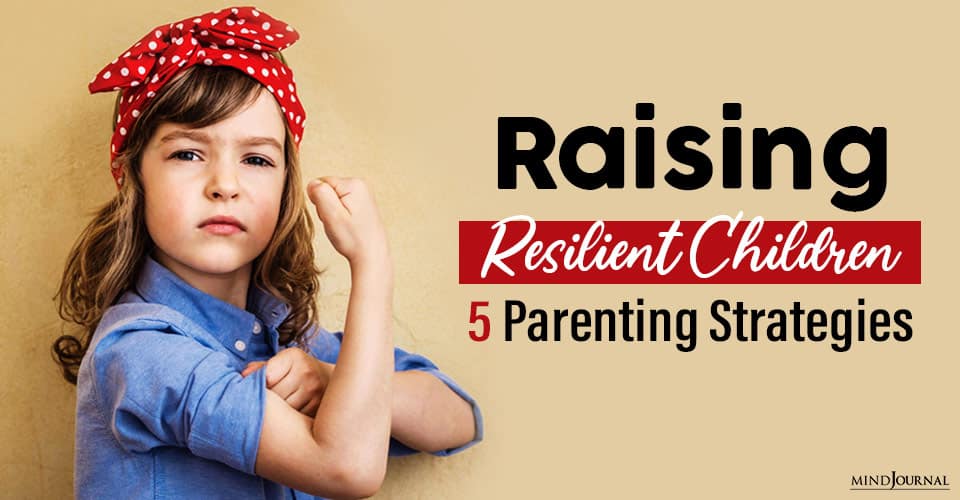Do you know resilience is the skill that kids are more likely to develop in childhood? Do you know a resilient child grows up to be a resilient adult? Are you wondering how to develop resilience in children? Then check out various parenting methods to strengthen your kids.
Problems in life are inevitable. Challenges cannot be avoided. Life is not always a bed of roses. The ability to recover from a difficult or unpleasant situation is resilience. Resilience means being able to get back on track, as strong as before, after an unanticipated setback such as physical or emotional trauma.
Resilience is not something a person is or isn’t born with; it is an acquired skill a child develops gradually. Kids are vulnerable. For some, the slightest stress can cause major anxiety issues that last a lifetime. Others can counter stress better.

DEVELOPING RESILIENCE
It is during childhood that a kid is most likely to develop this skill. Resilient children grow up to be resilient adults as they learn how to deal with stress and difficulties from a young age.
Development of resilience in children occurs at three levels, which are:
- Individual
- Family
- Environment
Development of resilience requires input from within, from family, and from the environment, which may also mean society at large.
Not all children can be the same physically, mentally, or emotionally. Everyone has a different threshold of bearing stress, but resilience can be developed at a young age through various methods.
5 Methods to develop resilience in children
1. HEALTHY RISK TAKING
Children should not be sheltered by their families from taking risks. In fact, healthy risk taking should be encouraged. Healthy risk taking means letting your child take risks which could hold some risk but also reward.
An example is letting a child try a new sport. Even if they fail, no significant damage is done. This can teach children to face failure positively and come out more confident than before.
Also read How To Discipline Sensitive Children? 5 Science-Backed Strategies
2. LET THE CHILD SOLVE THEIR PROBLEMS
It’s natural for a parent to want to solve every problem their child has. If and when a parent does that, the child would never learn to solve problems independently. They would never learn what independence is. You should always let your child know you are there to support them. However, try not to walk your child to a solution. Let your child solve their problems independently.
Ask your child questions and let the problem bounce back to your child. Leave it to them to find the solution. It will develop problem solving skills in your child from a very young age.
3. DON’T ASK WHY, ASK HOW
Avoid ‘why’ questions with your kids. Asking your child why they did something may often get you a response such as “I don’t know,” “I forgot,” or something similarly straightforward. Instead, ask your child how they plan on fixing something they messed up.
Try asking your child questions like, “You let the tap keep running; there is water all over the place. How do you think you can fix it?” Asking ‘how’ questions can promote problem-solving skills in your child. They will think about ways they can fix things. Letting a child analyze situations and solve problems is one of the most important keys to developing resilience.
4. HELP YOUR CHILD UNDERSTAND EMOTIONS
A child may have difficulty labeling the emotions they are feeling. For development of resilience in children, it is important that they understand what they are feeling and deal with their emotions accordingly.
If you assist your child in labeling and understanding their emotions, they will be better able to cope with emotional stress and turmoil. An emotionally stable child will often grow up to become a resilient adult.
Also read How To Spot Depression in Children: 18 Identifying Signs
5. SUPPORT YOUR CHILD EMOTIONALLY
Children can be emotionally vulnerable. They may need constant emotional support from people they love. Children often need emotional support to feel strong. Knowing they aren’t alone in a situation will not only make them more confident, but they may be willing to try new and challenging ways to solve problems.
Tell your child how much you love them, and don’t forget to remind them how proud you are of them. Just by telling your child that you believe they can do it can really make them want to do it!
CHARACTERISTICS OF A RESILIENT CHILD
If you want to see how resilient your children are, keep an eye out to see if they can:
- Tackle problems on their own
- Manage their emotions
- Take risks
- Face challenges confidently
- Solve problems efficiently
Also read 7 Self-Discipline Strategies To Teach Children Self-Control
LONG TERM EFFECTS OF RESILIENCE
When these qualities are inbuilt in someone from an early age, they are able to reach their long term goals and work their way through their problems independently. A resilient child is strong, self-sufficient, self-sustaining, and self-reliant when all grown up. In this way, development of resilience in children holds special significance in their upbringing.
Please share this article with anyone who you may think will find it valuable and helpful.
Written by:Jacqueline Pearce, MSEd, MHC Originally appeared on: Good Therapy Republished with permission










Leave a Reply